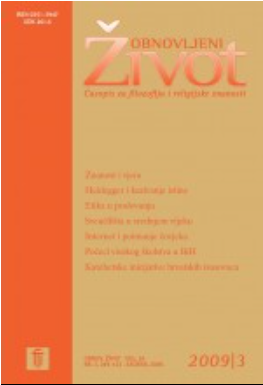The Nature and Organization of Work at Medieval Universities of the 12th and 13th Centuries
Keywords:
medieval universities, mendicant orders, clergy, the Empire, scholasticism, philosophy, theology, Aristotelianism, disputatio, the medieval Latin languageAbstract
This article depicts the founding, development, role and organization of work at medieval universities of the 12th and 13th centuries and also presents a brief description of parallely evolving events which marked this period in the history of Western culture. The rise of the mendicant orders; the Fourth Lateran Council and the new period in the pastoral life of the Church; the penetration of Greek culture and philosophy (Aristotle) and also Hebrew and Arabic philosophical literature; the Pope's victory in the battle between the clergy and the Empire; material prosperity and the revival of cities as well as greater population mobility: all these contributed to circumstances in which education also underwent changes and thus developed a new model which found expression in the system of faculties and universities, at the centre of which was the study of theology.
Downloads
Published
Issue
Section
License
Jednom prihvaćeni članak obvezuje autora da ga ne smije objaviti drugdje bez dozvole uredništva, a i tada samo uz bilješku da je objavljen prvi put u Obnovljenom životu. Uredništvo će obavijestiti autora o prihvaćanju ili neprihvaćanju članka za objavljivanje.
Članci objavljeni u časopisu se, uz prikladno navođenje izvora, smiju besplatno koristiti u obrazovne i druge nekomercijalne svrhe.


